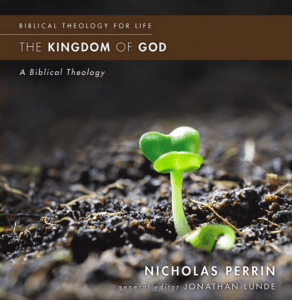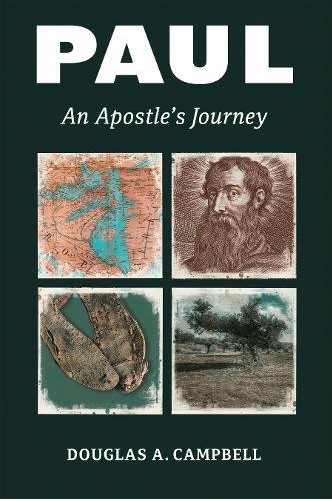 The question many Bible readers have asked and are still asking, and an observation many make at the visceral level, is this:
The question many Bible readers have asked and are still asking, and an observation many make at the visceral level, is this:
Is there a driving concern for social justice in Paul’s letters?
Daniel Kirk, in Jesus Have I Loved, But Paul?, brings in slavery and how slave owners often justified slavery and subjugation in the name of Paul’s letters, but is it fair to Paul? Are Paul’s comments that flat-footedly naive about slavery as a a justifiable human condition?
And back to our point: Is Paul’s “church” vision social enough to be a direct descendant of Jesus’ obvious social vision?
First, let’s observe Jesus. In Luke 4:16-30 Jesus maps his message and his mission, and it clearly has a social agenda: his gospel is good news for the poor. Kirk observes that Jesus’ choice to clip out the anti-Gentile theme, the vindication theme, led to a near riot in an attempt to kill Jesus. (I tend to think this silenced reading is overdone by many, but the point obtains: Jesus’ message, and let’s not forget he pointed to himself, was offensive to his hometown.)
He sees two themes at work with Jesus: “the good news is both the declaration that God’s liberating work of justice is powerfully at work in Jesus and the insistence that God’s reign is extending beyond the borders of Israel in order to embrace gentiles” (146).
What then about Paul? Is his gospel inherently social?
Daniel explores several themes, themes that keep pushing us to see that Paul’s ecclesial vision is a social vision and not simply a spiritual vision. Paul’s gospel creates a new creation community in which justice flourishes. Justification, for instance, is a tool Paul developed for the battle over whether or not Gentiles had to become Jews: Paul’s message was that both Jews and Gentiles were admitted by faith.
That is, Jews didn’t need to be Gentiles (as many would say they need to be today if they find Jesus as Messiah) just as Gentiles didn’t have to become Jews. Paul’s community embodied unity for Jews and Gentiles, not by making them drop their ethnic identities but by making them one in their differences.
Paul’s gospel eviscerates social hierarchies, and the theme here is that in Christ there is “freedom.” Even the household regulations, so often used by slaveowners, are embedded in a narrative of transformation through the gospel story of Jesus: if Jesus stands with the owner, he also stands with the oppressed one. Inherent to Paul’s gospel is that both slave and free are made in God’s image and are now in Christ, giving each a new identity.
The freedom we have in Christ means the follower of Jesus is driven to explore more and more freedom. Freedom is both spiritual and social to Paul — what happens in Christ finds expression in the community.
Paul’s narrative is new creation: we look not to the past but to the kingdom to define our narrative, and we look to new creation to define how the church is to embody the gospel.
Kirk’s last section, on 2 Cor 8–9, is a gem of insight on “grace” as not simply that which reconciles us to God but a power set loose, a power of abundance showered on us in order that we might extend it to others, to the poor. The gospel of grace calls us to give to others.
Notice these:
2 Cor 8:9: the grace of King Jesus sets the pattern: he became poor to make others rich.
2 Cor 8:6: their giving was an act of grace. (Extending the pattern of Jesus.)
The word “grace” appears often in these two chps.
Put together this means this: the Christian life is an extension of grace: From God through the Son to the Church to others in the church and world. It is all grace.
Now in social justice terms: the graced community of Christ becomes a grace extending community in Christ, and that means it creates justice, peace, etc through the grace of God at work among them.











